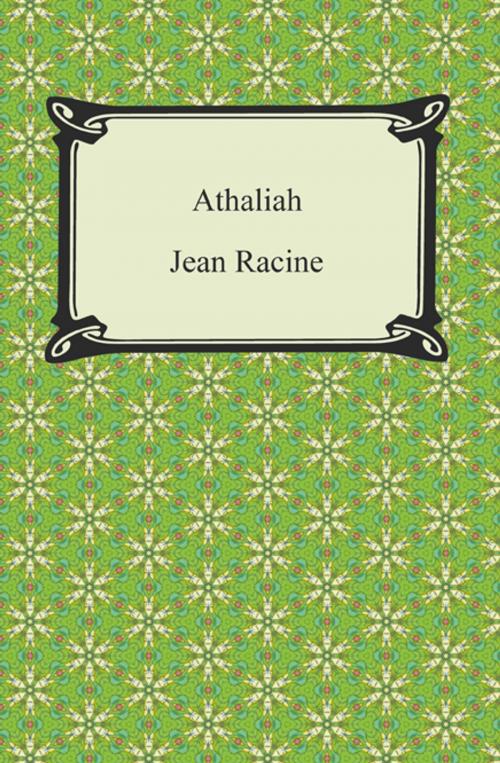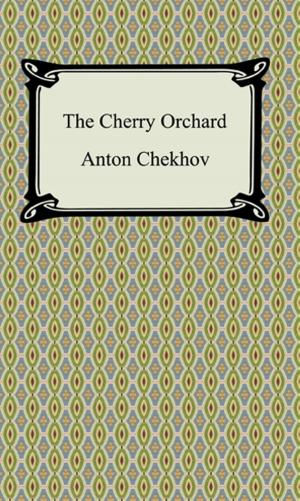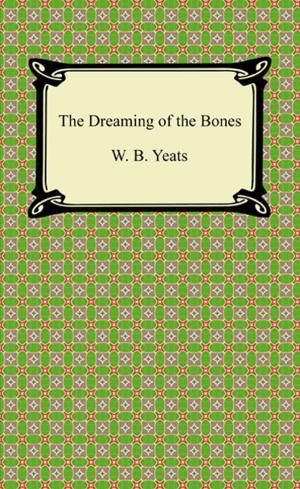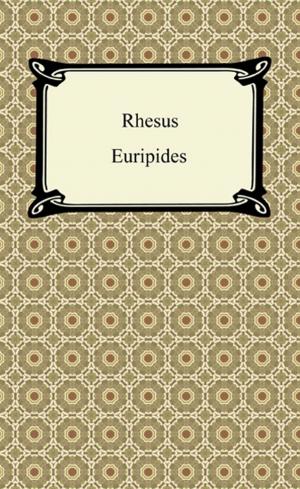| Author: | Jean Racine | ISBN: | 9781420948912 |
| Publisher: | Neeland Media LLC | Publication: | December 15, 2009 |
| Imprint: | Digireads.com Publishing | Language: | English |
| Author: | Jean Racine |
| ISBN: | 9781420948912 |
| Publisher: | Neeland Media LLC |
| Publication: | December 15, 2009 |
| Imprint: | Digireads.com Publishing |
| Language: | English |
The 17th century dramatist Jean Racine was considered, along with Molière and Corneille, as one of the three great playwrights of his era. The quality of Racine's poetry has been described as possibly his most important contribution to French literature and his use of the alexandrine poetic line is one of the best examples of such use noted for its harmony, simplicity and elegance. While critics over the centuries have debated the worth of Jean Racine, at present, he is widely considered a literary genius of revolutionary proportions. In this volume of Racine's plays we find "Athaliah", the last of twelve plays by the author. Considering that it was Racine's final work it may comes as no surprise that it has been described as the masterpiece of "one of the greatest literary artists known." Revered by Voltaire who saw it as "perhaps the masterpiece of mankind" and by Flaubert who referred to it as an "immortal masterpiece of the French stage." The story itself concerns the biblical story of Athaliah, widow of the king of Judah who rules the country as Queen regnant. Believing that the rest of the royal family was been eliminated she abandons the Jewish religion for the worship of Baal.
The 17th century dramatist Jean Racine was considered, along with Molière and Corneille, as one of the three great playwrights of his era. The quality of Racine's poetry has been described as possibly his most important contribution to French literature and his use of the alexandrine poetic line is one of the best examples of such use noted for its harmony, simplicity and elegance. While critics over the centuries have debated the worth of Jean Racine, at present, he is widely considered a literary genius of revolutionary proportions. In this volume of Racine's plays we find "Athaliah", the last of twelve plays by the author. Considering that it was Racine's final work it may comes as no surprise that it has been described as the masterpiece of "one of the greatest literary artists known." Revered by Voltaire who saw it as "perhaps the masterpiece of mankind" and by Flaubert who referred to it as an "immortal masterpiece of the French stage." The story itself concerns the biblical story of Athaliah, widow of the king of Judah who rules the country as Queen regnant. Believing that the rest of the royal family was been eliminated she abandons the Jewish religion for the worship of Baal.















